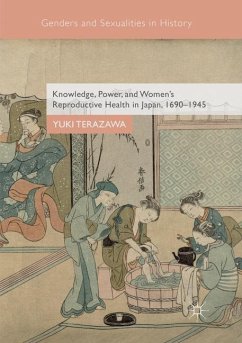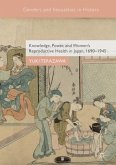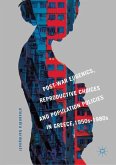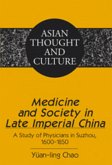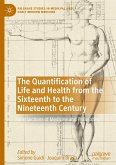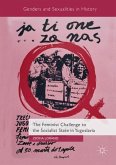This book analyzes how women's bodies became a subject and object of modern bio-power by examining the history of women's reproductive health in Japan between the seventeenth century and the mid-twentieth century. Yuki Terazawa combines Foucauldian theory andfeminist ideas with in-depth historical research. She argues that central to the rise of bio-power and the colonization of people by this power was modern scientific taxonomies that classify people into categories of gender, race, nationality, class, age, disability, and disease. Whilediscussions of the roles played by the modern state are of critical importance to this project, significant attention is also paid to the increasing influences of male obstetricians and the parts that trained midwives and public health nurses played in the dissemination of modern powerafter the 1868 Meiji Restoration.
"Knowledge, Power, and Women's Reproductive Health in Japan is a result of extensive research and editing. It is thoroughly embedded in an exhaustive array of literature in English and Japanese. The excellent prose, which seems to have been carefully edited, is easy to read. For scholars in the field, in particular, this book makes a significant contribution." (Aya Homei, Journal of Japanese Studies, Vol. 49 (2), 2023)
"It is a reflection on the Japanese reflection on the body, which will probably be of interest to historians of Japanese medical culture and culture, as well as to historians of other traditions interested in comparative work. ... it is a fascinating reconstruction of a deep and radical transformation that illustrates how a society might have shifted from its tradition to a totally different position because (or thanks to) its desire to align itself with the international community." (Alain Touwaide, Doody's Book Reviews, October, 2018)
"It is a reflection on the Japanese reflection on the body, which will probably be of interest to historians of Japanese medical culture and culture, as well as to historians of other traditions interested in comparative work. ... it is a fascinating reconstruction of a deep and radical transformation that illustrates how a society might have shifted from its tradition to a totally different position because (or thanks to) its desire to align itself with the international community." (Alain Touwaide, Doody's Book Reviews, October, 2018)

